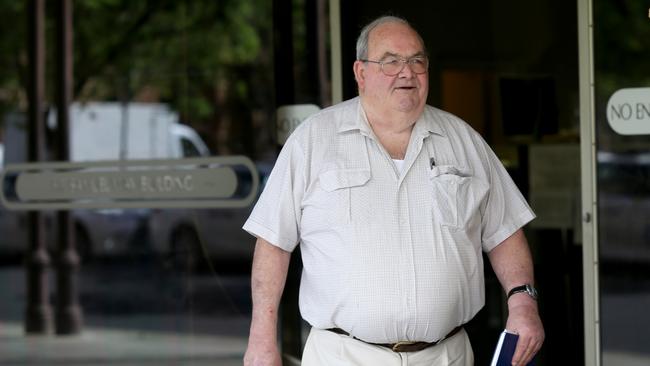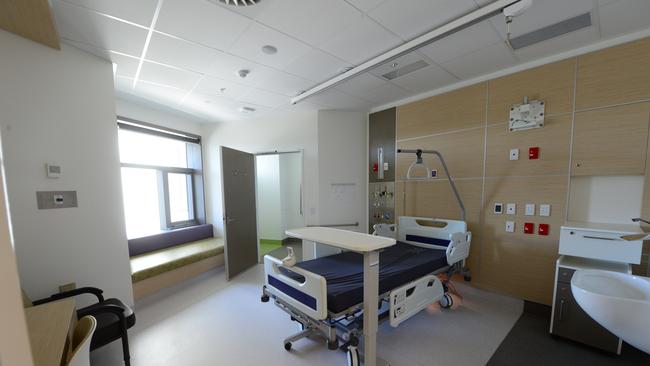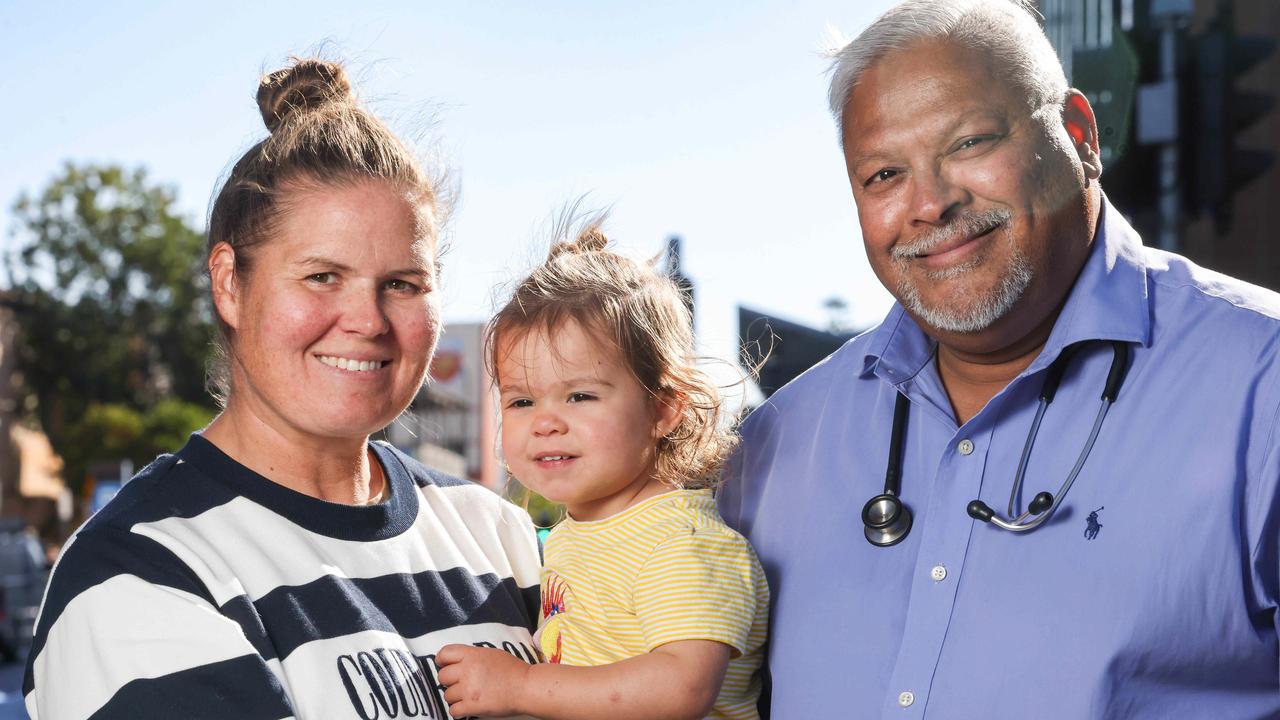Insider reveals prisoners are concocting false illnesses to get a ‘holiday’ from jail, while jumping the non-emergency surgery queue
Documents have revealed taxpayers foot a $26 million prison guard bill over the past three years allowing over 6000 inmates to go to a public hospital.
SA News
Don't miss out on the headlines from SA News. Followed categories will be added to My News.
About 2000 prisoners a year are clogging up public hospital beds and their break from jail is costing taxpayers millions of dollars.
Freedom of information documents reveal the cost to transport and guard prisoners in hospital is more than $26m over the past three years.
A “significant” number of these prisoners are concocting false illnesses, or exaggerating symptoms, to get a ‘holiday’ from jail, an insider has revealed.
The source said inmates also received fast-tracked non-emergency surgery for issues which other members of the public languish on wait lists for.
Freedom of information documents have revealed that over the past three financial years, 6158 inmates have spent the equivalent of 9553 days in, and travelling to and from, public hospitals, racking up a $26.1 million prison guard bill.
In 2023/24 alone, 2166 prisoners spent the equivalent of 3746 days in, and being transferred to and from, hospitals at a cost of almost $10.5 million.
The longest amount of time a single prisoner stayed in hospital during the past three years was 704 days, costing $1.92 million.

It is understood convicted murderer Peter Rex Dansie spent almost two years in the Royal Adelaide and Lyell McEwin hospitals before he died in May this year, with nurses questioning the validity of his lengthy stay.
Dansie was serving a 25-year jail term for drowning his disabled wife Helen in 2017.
His son Grant Dansie said patient confidentiality meant that he did not know his father was in hospital, nor what he was in hospital for.
“Obviously as a family we would prefer if he was in jail where he belonged, but we are satisfied that he died in custody deprived of the same freedom he so ruthlessly denied my mum of,” he said.
The FOI figures cover the cost for Correctional Services prison guards to escort and watch over hospitalised inmates.
They do not take into account the cost of hospital beds nor the time of doctors and nurses.
The source told The Advertiser it was common knowledge a “significant proportion” of prisoners were rorting the system to have a “holiday” in hospital.
And those inmates were taking up beds that could be better used to help ease the ramping crisis, they said.
“(The prisoners) all talk and say ‘if you say you can’t eat or say this or that and the medical staff will keep you in longer’,” they said.
“Think of when you didn’t want to go to school, so you’d say you’ve got an upset tummy.”
The source said some prisoners deliberately harmed themselves to get to hospital but doctors and nurses’ had to treat every case seriously.
“As soon as (prisoners) complain about something they get whisked away to hospital,” they said.
“It is like a hotel room for them – some of them do get TV privileges and reading and writing privileges (and) every half an hour someone comes by with a cup of tea.”
They said some prisoners would be fast-tracked for non-emergency surgery while regular members of the public were forced to endure lengthy waits, and that inmates transported in prison vehicles would be immediately admitted to wards while those who arrived in ambulances were often fast-tracked through the emergency system due to security concerns.
“If you need a hospital, do something to get incarcerated because you’ll go straight in,” they said.
The source said expanding or improving prison health services could help stop inmates from taking advantage of public hospitals.
Opposition correctional services spokesman Jack Batty said the state government needed to “assure South Australians we don’t have prisoners gaming the system (and) using some sort of ‘get out of jail free’ card to clog up our hospitals”.
“It also begs the question whether sufficient medical and hospital resources are available at our prisons – why can’t more prisoners be treated at Yatala rather than getting a leave pass to our public hospitals?” he said.
Correctional Services Minister Dan Cregan said inmates were taken to hospital because prison nurses and doctors had determined they required specialist care.

“Clinical decisions made are to ensure prisoners’ welfare and those in custody who are taken to hospital are treated in a secure environment,” he said.
“All prisons have health provisions, including a 24/7 medical service at Yatala Prison.”
SA Health prison health service director Andrew Wiley said prisoners needing acute care were managed in hospitals including mental health issues, disease, addiction, chronic illness and conditions associated with ageing.
“It is often found that prisoners are reluctant to go to hospital due to the associated stigma and will not report illnesses until they are acutely unwell,” he said.
“Significant work has been undertaken to provide greater health facilities within prisons.”
It is understood under hospital policies, prisoners are supposed to be triaged according to their clinical need and are not to be prioritised ahead of other patients.
More Coverage
Originally published as Insider reveals prisoners are concocting false illnesses to get a ‘holiday’ from jail, while jumping the non-emergency surgery queue




